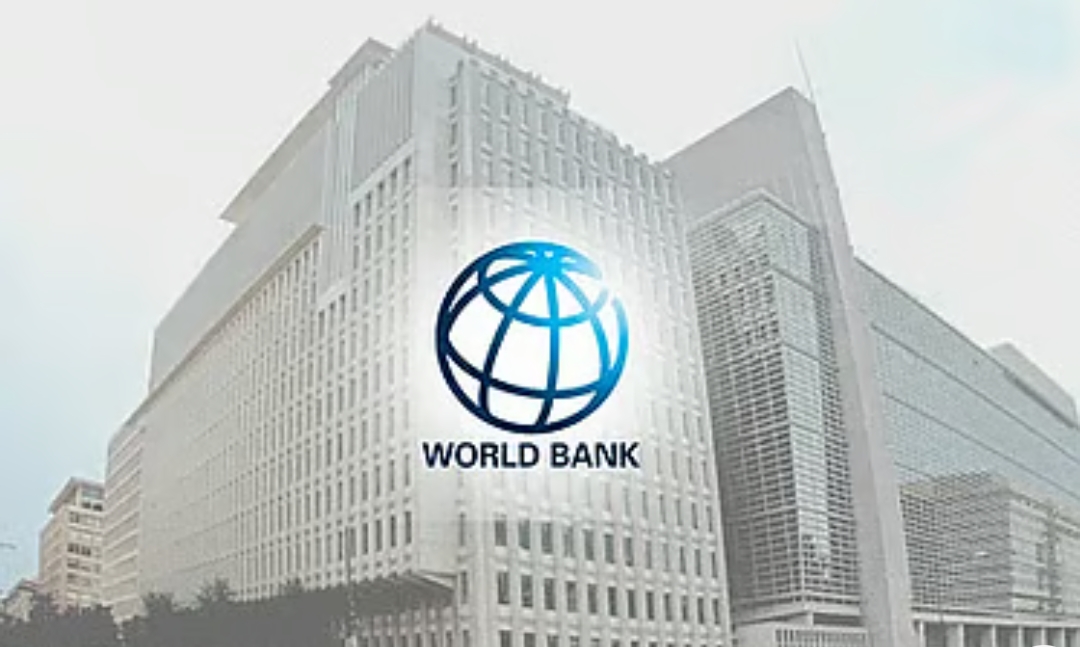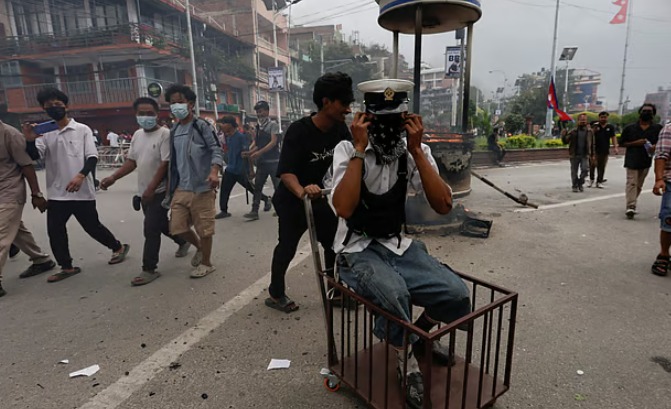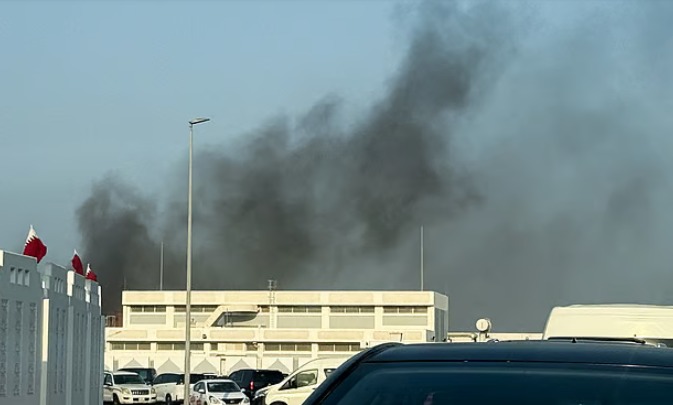Desk Report,
World Bank approves $500 million budget support for Bangladesh
The World Bank has approved a budget support of $500 million to Bangladesh. At current market rates, this amount is slightly more than 6,000 crore taka.
World Bank approves $500 million budget support for Bangladesh
The loan was approved at a board meeting held at the World Bank headquarters in Washington, USA, on Saturday. The money will be spent on increasing transparency, accountability and stability in the financial sector.
This was stated in a press release sent by the World Bank. According to the World Bank’s notification, this financial assistance will be spent mainly on reform measures such as improving the government revenue collection system, transparency of tax policy, strengthening risk management in the banking sector and introducing e-procurement in government services to prevent corruption.
Earlier, the Asian Development Bank (ADB) approved a budget support of $500 million on Thursday. Bangladesh will receive the budget support money from the World Bank and ADB before June 30. This means that Bangladesh will receive about $1 billion before June 30. In addition, the two installments of the loan may also be approved at the International Monetary Fund (IMF) board meeting next Monday. If the installments are approved, another $1.3 billion may be available from there. Bangladesh will receive this money within two weeks of approval.
In a press release, World Bank Interim Country Director Gail Martin said that improving public financial management is essential for sustainable growth of Bangladesh’s economy. This financing will help strengthen the country’s policies.

Latest
Politics
Bangladesh
Crime
World
Trade
Opinion
Sports
Entertainment
Jobs
Lifestyle
Eng
By using this site, you agree to our Privacy Policy.
OK
Video
Video
Video
Economy
World Bank approves $500 million budget support for Bangladesh
Special Correspondent
Dhaka
Published: 21 June 2025, 13:06
Follow

The World Bank has approved $500 million budget support for Bangladesh. At current market rates, the amount is slightly more than 6,000 crore taka.
The loan was approved at a board meeting held at the World Bank headquarters in Washington, USA, on Saturday. The money will be spent on increasing transparency, accountability and stability in the financial sector.
This was stated in a press release sent by the World Bank. According to the World Bank’s notification, this financial assistance will be spent mainly on reform measures such as improving the government revenue collection system, transparency of tax policy, strengthening risk management in the banking sector and introducing e-procurement in government services to prevent corruption.
Earlier, last Thursday, the Asian Development Bank (ADB) approved $500 million in budget support. Bangladesh will receive the World Bank and ADB budget support before June 30. This means that Bangladesh will receive about $1 billion before June 30. In addition, the two installments of the loan may also be approved at the International Monetary Fund (IMF) board meeting next Monday. If the installments are approved, another $1.3 billion can be received from there. Bangladesh will receive this money within two weeks of approval.
In a press release, World Bank Interim Country Director Gail Martin said that improving public financial management is essential for sustainable growth of the Bangladesh economy. This financing will help strengthen the country’s policies.
The key initiatives under the World Bank financing will be – bringing tax exemption decisions through the National Parliament into greater transparency and accountability; harmonizing risk management and financial reporting in the banking sector with international standards; formulating a strategy to make project evaluation reports available to the public by 2027; In addition to making e-GP mandatory for government procurement, the tender process will be made more competitive.
World Bank Senior Economist Dhruv Sharma said the financing will help the government meet the needs of citizens through transparency and accountability. It will also ensure support for poor households in times of disaster or economic shocks.



